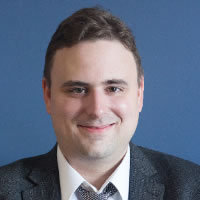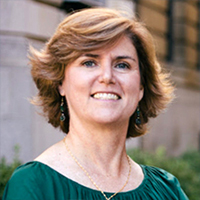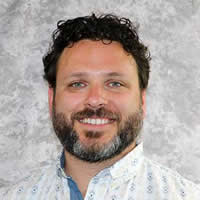The 2020 extramural research funding program supports research that will inform policies and programs designed to improve employment outcomes for youths from low-income families. The program especially targets research to improve programs serving those who are neither in school nor working (“opportunity” or “disconnected youth”).
Although the number of opportunity youth has been decreasing, there remain approximately 4.6 million young people in America—about one in nine adolescents or young adults—who are considered disconnected.
The funded projects promote economic mobility among opportunity youth by improving their labor force participation. The goal is to strengthen the U.S. economy by ensuring that young people grow up to have employment and careers that allow them to provide for themselves and their families.
The opinions and conclusions expressed herein are solely those of the author(s) and should not be construed as representing the opinions or policy of any funder.
Funded Proposals

An Exploration of the Relationship between Training Duration, Format, and Labor Market Outcomes for Young Workers Served by the Public Workforce System

Understanding Implementation Processes to Effectively Serve Vulnerable Youth

Exploring the Obstacles to Eventual Graduation among High School Non-Completers
